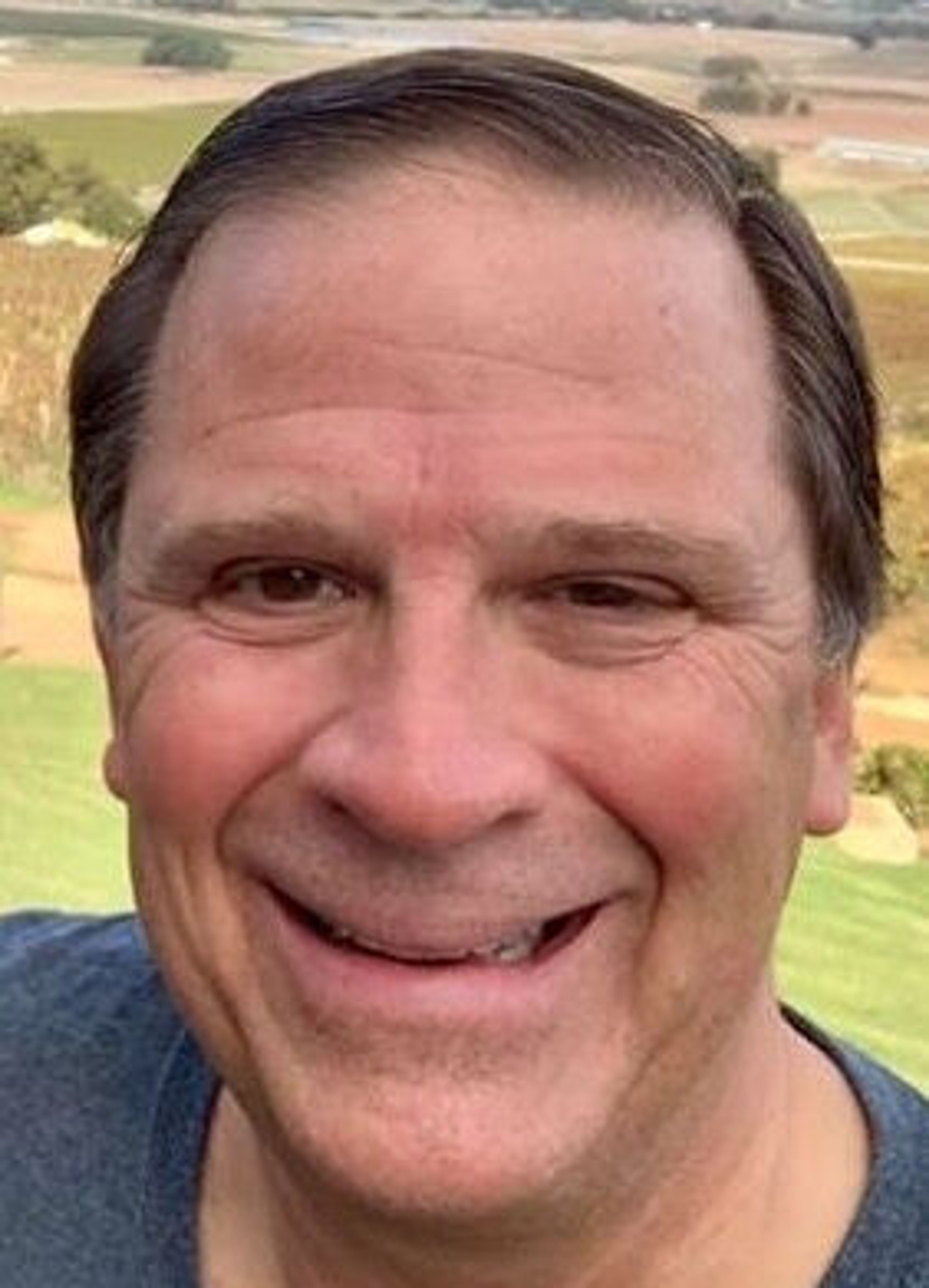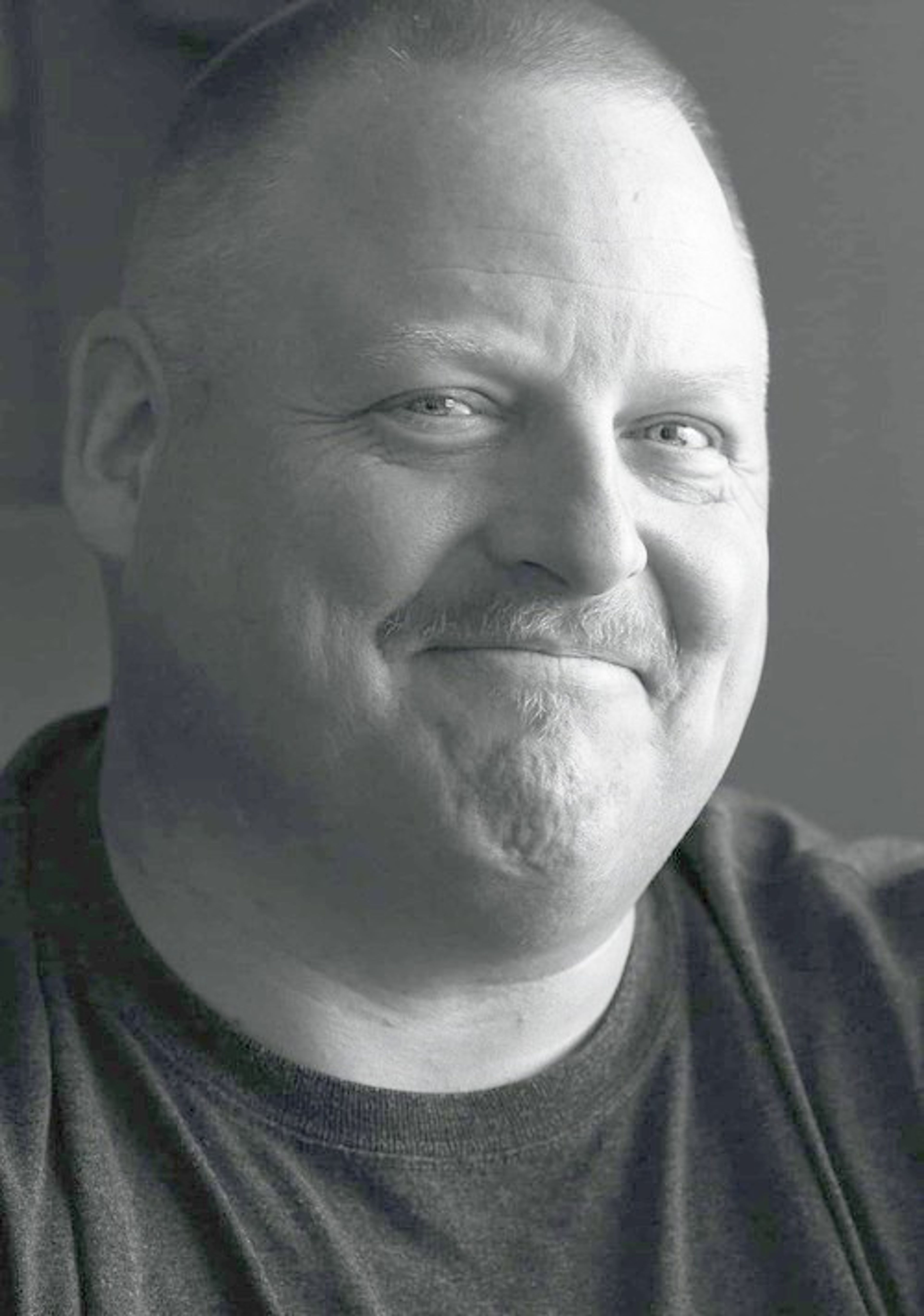Today marks the 60th anniversary of President John F. Kennedy’s assassination. Even those of us who were quite young at the time remember the profound effect that the event had on our parents and communities.
Conspiracy theories in general are having their moment in the current political climate, but the assassination of JFK is one of modern America’s original and most enduring conspiracies. A recent Gallup poll found that 65% of Americans believe JFK’s assassination involved a conspiracy, with the U.S. government as the primary co-conspirator.
Critics argue that even though the Warren Commission determined that the sole shooter of the three shots was Lee Harvey Oswald, there would have had to be a “magic bullet” for those shots to have killed the president and injured Texas Gov. John Connolly Jr.
While Oswald had received basic firearm training as a Marine, he was by no means an “expert marksman,” and he was certainly no sniper. We’re to believe that Oswald made the three shots with a bolt-action rifle, from 265 feet, at a downward angle, as the motorcade drove away. Those would have been exceptional shots even for the world’s best sniper.
I was in high school when Zapruder’s 8mm film aired on TV. The U.S. government sat on that footage for 12 years before the public saw it.
Oliver Stone’s docudrama “JFK” was subsequently released in 1991. Stone challenged the official Warren Commission findings, suggesting a vast conspiracy behind the JFK assassination, prompting congress to pass the JFK Assassination Records Collection Act. It mandated that all assassination-related records held by the federal government be disclosed in full and made available by October 2017.
But not all files were released in 2017. President Trump ordered the remaining files be released by April 2018. When not all documents were released in 2018, Trump set a new deadline for October 2021.
President Biden postponed the release of the remaining 5,000 JFK assassination documents, citing concerns related to national security, law enforcement and foreign affairs. Sixty years on, it’s apparent that these JFK documents are not protecting individuals but institutions.
Remember President Eisenhower’s prescient farewell address in 1961? He warned of the military-industrial complex’s perilous expansion. This era also saw the deep state (Allen Dulles’ CIA and J. Edgar Hoover’s FBI) not only surveilling but also demonstrating overt hostility towards civil rights icons like Martin Luther King Jr., Malcolm X and Robert F. Kennedy Sr.
Interest in JFK’s assassination has been reinvigorated since his nephew, Robert F. Kennedy Jr. (RFK), announced his candidacy for president. I listened to four fascinating interviews in which RFK discussed his uncle’s assassination.
RFK emphasizes that his uncle had significant policy disagreements with powerful deep state institutions and the military. These disagreements were particularly stark in the areas of foreign policy, where JFK’s diplomatic and peace-oriented stance clashed with the CIA/FBI/DoD’s hawkish approach. Issues such as the Bay of Pigs invasion (over which JFK fired Dulles), the Cuban Missile Crisis, and the Vietnam War were flashpoints between JFK and these institutions, suggesting a motive for these agencies to get JFK out of the picture.
RFK talks about the role of institutional secrecy in fueling conspiracy theories around the assassination. Critical documents related to the event are still classified or heavily redacted, resulting in alleged manipulation of narratives that cannot be supported. Within this ongoing cloud of suspicion, RFK advocates for more openness from these agencies to determine what involvement, if any, they had in the assassination. This lack of transparency, he argues, undermines an already-waning public trust in government institutions.
Upon RFK’s recommendation, I promptly read James Douglass’s book “JFK and the Unspeakable” as a comprehensive source on the conspiracy. Douglass is North America’s leading Catholic theologian of peace for 50 years. The book lays out a compelling case for how and why the defense industry elites, Pentagon planners and the heads of the intelligence communities likely orchestrated the murder of our president.
To this day, the shroud of doubt surrounding JFK’s assassination continues to erode the public’s trust in our most powerful institutions. RFK’s candidacy is reviving the American quest for truth surrounding this critical chapter of history. And the answers it provides — for better or for worse — could set off a colossal shift in our nation’s integrity and future.
Courtney served 20 years as a nuclear engineering officer aboard submarines and 15 years as a graduate school instructor. A political independent, he spends his time playing with his eight grandchildren in Moscow.








